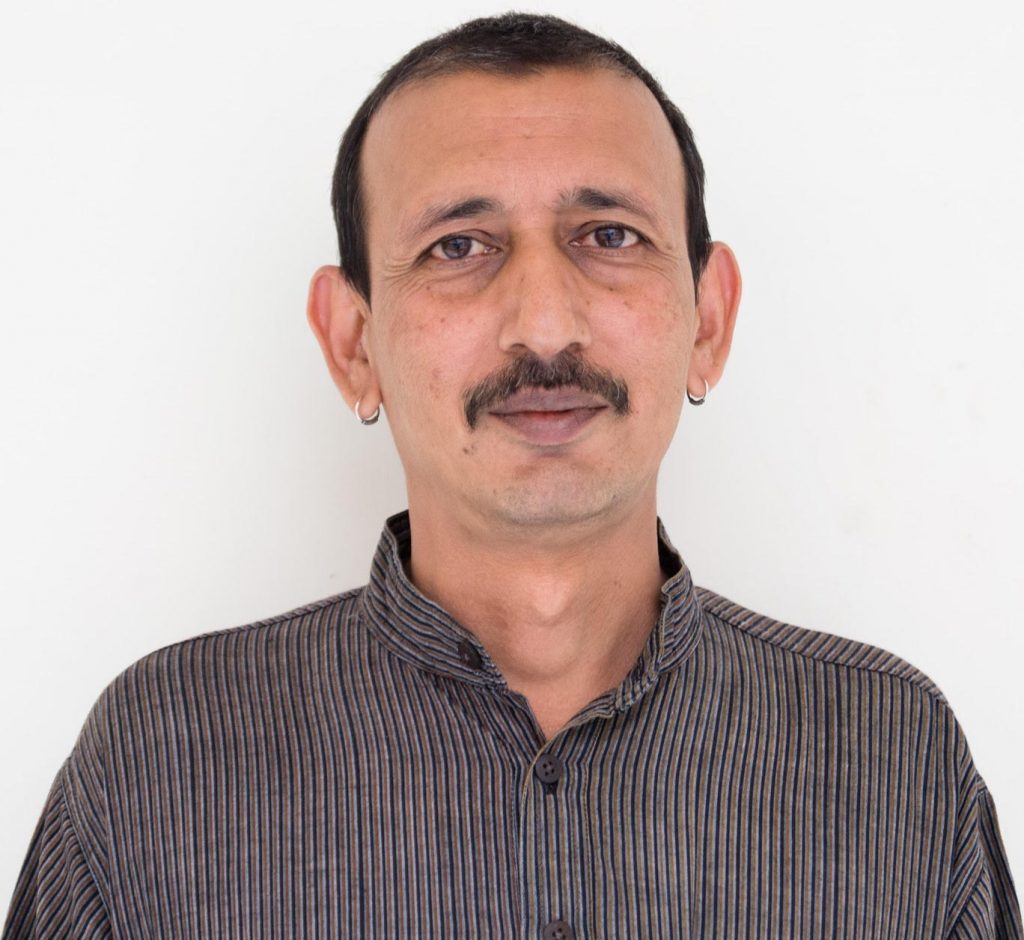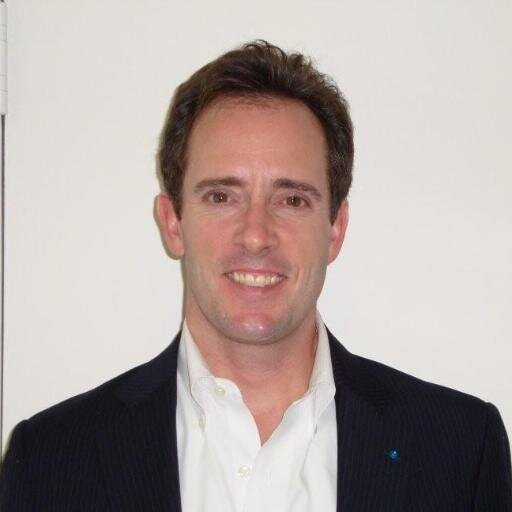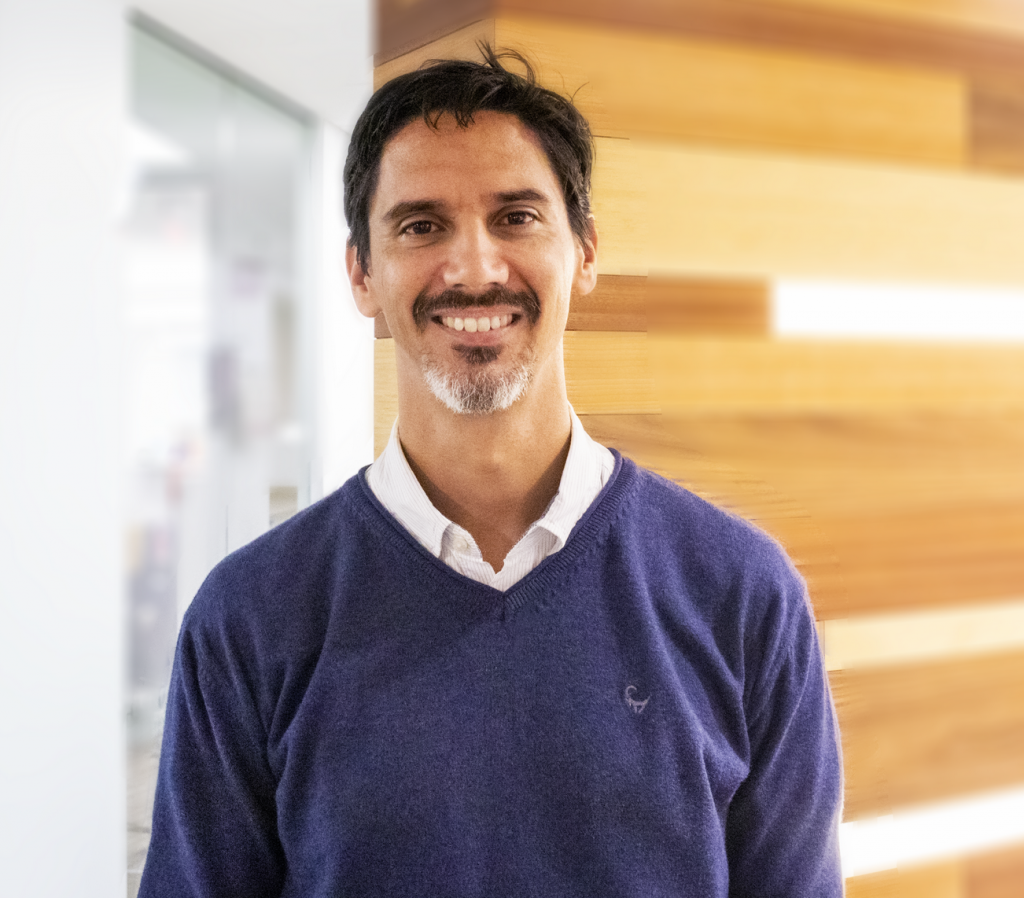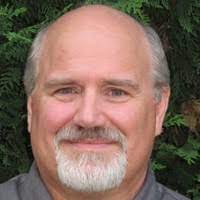Millions of people around the world continue to suffer from inadequate access to safely managed water, sanitation and hygiene facilities. Our Dialogue on August 19th explores the importance of community-led approaches in achieving SDG #6 and improving global WASH planning and implementation.
John Oldfield, Principal, Global Water 2020
John has two decades of experience in the nonprofit and private sectors, including a decade of advocacy work for global water security. Previously, John led WASH Advocates (2011 – 2015), working to increase the amount and effectiveness of resources devoted to WASH throughout the developing world.
Kanika Thakar, Green Advisor, Swedish Red Cross and founder of #toilettalk
Kanika is a Green Response Advisor for the Swedish Red Cross. Here she works to reduce the environmental and climate impacts of humanitarian WASH and Health programmes in Asia, Africa and Latin America. Kanika is also the Founder of #toilettalk, a digital campaign to break taboos around toilets, poo and periods to facilitate policy action.
VK Madhavan, Chief Executive, WaterAid India

Madhavan is the Chief Executive for WaterAid India. He has spent fifteen years working in rural India on an integrated development approach.
David Bonnardeaux, Director, Environment, PACT
Elynn Walter, International Advocacy Expert and Lead US Partnerships, IRC WASH
Ron Clemmer, Director of WASH Division, FHI
Dialogue Key Takeaways
By Anya Petranovic
This call marks the first in a series of Sector Dialogues organized by the Movement for Community-led Development to explore the role of CLD in various SDG sectors. In this particular call, we explore the importance of community-led approaches in achieving SDG 6 and improving global Water, Sanitation and Hygiene (WASH) planning and implementation. The dialogue was moderated by VK Madhavan, Chief Executive, WaterAid India
CLD in the WASH Sector
A recent UN Progress Report on SDG 6 revealed that only 14 out of 109 countries report high levels of participation by communities in water and sanitation decision making. Under current circumstances and investments, it is increasingly unlikely that we will achieve SDG 6 anywhere in the world.
One of the major tragedies within the sector is that access to WASH has largely been understood as an engineering problem. Yet, VK Madhavan pointed out that the top two reasons why drinking water schemes for low income families tend to fail are unsustainable water sources and poor operation and maintenance of WASH systems. Both of these are direct consequences of the inability of planners and governments to ensure that communities are involved in these schemes.
In order to address this issue effectively, “we need to invest in the capacity of communities to ensure that communities can plan, design, operate and maintain WASH systems,” Madhavan urged.
The event began with a panel discussion with John Oldfield, Principal, Global Water 2020 and Kanika Thakar, Green Response Advisor, Swedish Red Cross; Founder, #toilettalk
Local WASH Advocacy
For the most part, advocacy is considered a hobby within the WASH sector. According to John Oldfield, “professionalizing WASH advocacy may be the most effective but under-recognized and under-capitalized approach to development that we all need to invest in”. It is a unique opportunity to promote accountability, longevity, sustainability and long term success in the context of SDG 6.
Professionalizing WASH advocacy includes hiring and training self empowered, community-based leaders to ensure that the voices of the most marginalized are heard by their elected officials, repeatedly and over time. Professional WASH advocates can create opportunities for local stakeholders to identify problems and solutions, convene and accelerate progress.
John proposed six steps for ensuring effective and efficient WASH initiatives. Each of these steps, he explained, should be taken at the most local level possible over a period of years.
- Message: Determine what exactly you are asking for.
- Targets: Determine who is responsible in your local context for ensuring WASH access.
- Messenger: Determine who the right person to deliver the message to the chosen target is.
- Timing: Determine the right time to make a WASH request.
- Platform: Determine which communication efforts are most appropriate in your context.
- Follow-up: Determine which actions need to be taken in order to ensure that local voices continue to speak out for WASH over the long run.
Sustainable, Community-led WASH
Community engagement and accountability means that we should never act without having consulted the community, even in the most acute situations, explained Kanika Thakar. The Swedish Red Cross supports WASH operations in ten countries as well as emergency-based support in times of crisis. Enhancing community engagement and accountability is at the core of Swedish Red Cross operations.
In order to illustrate the importance of community engagement, Kanika used the example of building a toilet. If we have not understood community needs, putting up the toilet can cause more harm than good, or it may not even be used at all. “We need to know that the needs of our communities are being met, and if they are not, that they have the means to tell us,” Kanika explained.
On the ground, the Swedish Red Cross emergency WASH teams have changed their composition to better engage with communities. Rather than sending out a plethora of engineers, the Swedish Red Cross has made room for hygiene promoters who focus on linking technology with community needs and delegates who are experts in gender, community engagement and accountability.
The Red Cross Movement has also recognized the role that humanitarian aid is playing in worsening the climate and environmental crisis. “As we have to reimagine the work of humanitarians to be more environmentally sustainable, we need to strengthen our ties to communities and build on traditional and Indigenous knowledge,” Kanika concluded. We must also recognize how local expertise and capacity building can foster responses that are better targeted to the local environment, lower in cost and less detrimental to the climate.
The panel discussion was followed by a Breakout Group discussion on best practices, obstacles and actions relating to Community-led WASH. The groups were facilitated by Elynn Walter, International Advocacy Expert and Lead US Partnerships, IRC WASH, Ron Clemmer, Director of WASH Division, FHI 360 and David Bonnardeaux, Director, Environment, PACT
Breakout Group I
This group explored the integral use of local expertise and materials in successful WASH programming. In Guatemala, for instance, when individuals understood how water technology could be produced locally, they were able to realize how to generate increased funds. They also discussed how we, as organizations, must count on the capabilities of communities to lead as we come together as partners and how in order to enable community leadership, we must develop structures and invest in CLD infrastructure and volunteers. Risk-based communication- how people may wash their hands if they understand the risks of not doing so- through focus groups and social interactions may be an effective pathway towards SDG 6.
Breakout Group II
Lack of women’s voices, poor information dissemination, minimal government support and expert interference with community engagement are some barriers to CLD in WASH. This group also explored the importance of mobilizing citizens and supporting them to have ownership of their own projects, as well as involvement in every step of planning and decision making. They touched on the need for effective information dissemination and empowering local leaders who have the capacity to guide communities. The session concluded with a discussion on empowering local governments, bridging power gaps and the need to increase WASH-specific budgets.
Breakout Group III
This group discussed how financing is often present at the local level, yet is not properly prioritized. They also focused on the great utility of community scorecards for ensuring accountability of service providers and local governments and the need for greater community voice in implementing and monitoring. Participants agreed on the need for stronger systems that bring forward local voices and explored the need for simple, easy to maintain technologies that can be replicated within communities to ensure successful WASH projects.
Call to Action
The event concluded with a Call to Action issued by Kanika Thakar and John Oldfield.
Kanika urged participants to make personal pledges and demand our organizations to not move forward unless we have consulted the community and put them at the core of our work. She also proposed that organizations be ready to say no to donors and voice that we are not willing to implement projects that fail to place communities at the center.
John inspired us to think of various ways in which we can urge donors to fund community-led advocacy efforts at national sub-national and local levels. He also prompted participants to use his six step method to integrate advocacy into programming and to look for partnership opportunities with gender-focused organizations around the globe.
Madhavan noted that, “it makes economic, ethical and strategic sense for communities to lead the process of solving their own problems, including WASH problems”. Institutions of self-governance, particularly elected institutions, can become the vehicle through which communities lead their own decision-making processes. Rather than understanding WASH as a silo, he urged participants to establish integrated efforts across sectors. He explained that we must work with public health, education and gender-focused groups to foster collective efforts towards improving WASH problems with communities at the centre.







